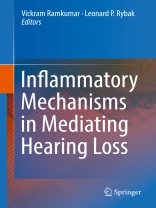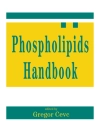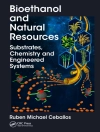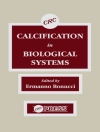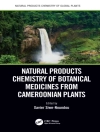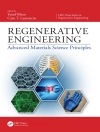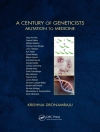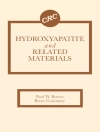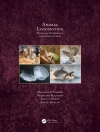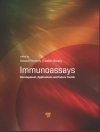Common forms of preventable hearing loss are drug and noise-induced hearing loss which are believed to be produced by a similar mechanism. The generation of reactive oxygen species appears to be a common mechanism mediating hearing loss produced by these different sources. As such, a number of laboratories have focused their research towards identifying the sources of ROS production in the cochlea following administration of chemotherapeutic agents or noise exposure. This led to the identification of ROS generating enzymes, such as xanthine oxidases, nitric oxide synthase, and NADPH oxidases which are activated and/or induced during the development of hearing loss. A consequence of these findings was the implementation of antioxidants in preclinical studies for the treatment of hearing loss. These antioxidants have provided different levels of protection in animal and human studies, but none of these have been approved by the US Food and Drug Administration for the treatmentof hearing loss.
More recently, it was shown that noise-induced hearing loss was associated with recruitment of inflammatory cells and mediators in the cochlea. This finding would suggest that noise could produce injury to the cochlea which stimulates local and/or circulating inflammatory cells. A similar finding was observed in the cochlea following administration of the anticancer drug, cisplatin. In addition, our laboratory and others have provided a plausible mechanism by which noise or chemotherapeutic agents could stimulate the inflammatory response. Surprisingly, this mechanism involves ROS activation of transcription factors linked to inflammatory processes in the cochlea. These studies have led to the use of anti-inflammatory agents for the treatment of hearing loss. Preliminary studies targeting inflammatory cytokines appear especially promising in preclinical studies.
A primary goal of this project is to describe our current understanding of theoxidant hypothesis of noise and drug-induced hearing loss and show how this relates to cochlear inflammation. Several different aspects of the cochlear inflammatory process will be discussed in detail, ranging from the sources of inflammatory cells, chemokines, inflammatory cytokines, and cochlea resident immune cells. Molecular pathways leading to activation of the local inflammatory process will be highlighted and treatment options will be discussed. The relevance of certain clinically used anti-inflammatory interventions, such as trans-typmanic steroids will also be discussed. Furthermore, we will examine recent patents focusing on the use of anti-inflammatory agents for the treatment of drug and noise-induced hearing loss.
Tabella dei contenuti
Preface.- The Cochlea.- Oxidative Stress and Hearing Loss.- Corticotropin Releasing Factor Signaling in the Mammalian Cochlea: An Integrative Niche for Cochlear Homeostatic Balance Against Noise.- Cochlear vascular pathology and hearing loss.- Cochlear Inflammation Associated with Noise-Exposure.- Middle Ear Infection and Hearing Loss.- Inflammation potentiates cochlear uptake of ototoxins and drug-induced hearing loss.- The Contribution of Anti-Oxidant and Anti-Inflammatory Functions of Adenosine A
1 Receptor In Mediating Otoprotection.- Anti-inflammatory therapies for sensorineural hearing loss.- Implementation and Outcomes of Clinical Trials in Immune-Mediated Hearing Loss and other Rare Diseases.- Index.
Circa l’autore
Vickram Ramkumar, Ph.D., joined the faculty at Southern Illinois University School of Medicine in 1992. He is a professor of pharmacology.
Previously he was a research associate in cardiology at Duke University Medical Center in Durham, N.C. (1986-92).
Ramkumar is the author of more than 65 articles. His research interest is the molecular pharmacology of adenosine receptors in cardiovascular and auditory systems and cellular signal transduction processes.
Dr. Leonard P. Rybak, is a professor and ear, nose and throat specialist whose general otolaryngology practice focuses on sinus disease and obstructive sleep apnea.
Dr. Rybak’s professional affiliations include the American College of Surgeons, and the American Academy of Otolaryngology — Head and Neck Surgery. Locally, he is a member of the Sangamon County Medical Society and of various committees at St. John’s Hospital and the SIU School of Medicine. He serves as president of the Sangamon County Chapter of the Society for Neuroscience.
